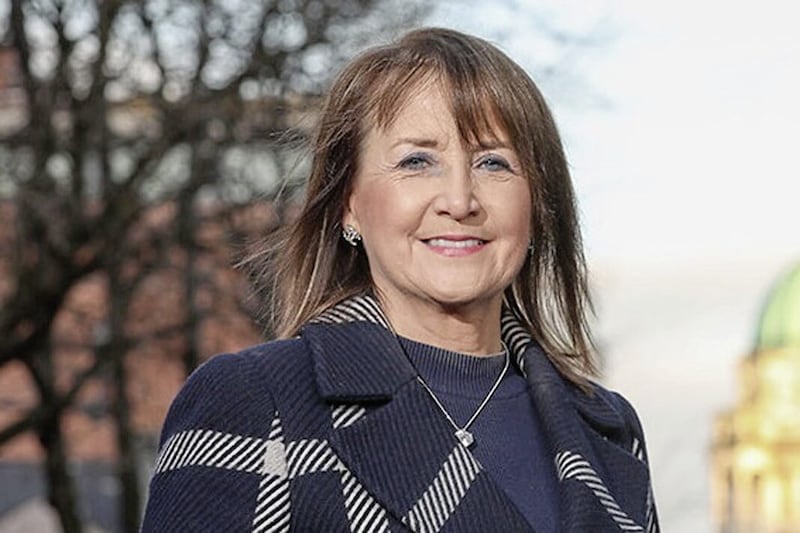TWO separate business barometers point to improving trading conditions and confidence among Northern Ireland companies over the coming 12 months, with firms likely to increase sales and recruit more staff.
The latest quarterly economic survey (QES) from the NI Chamber of Commerce and BDO NI, and Danske Bank's Northern Ireland quarterly sectoral forecasts report - both of which are closely scrutinised by industry - paint largely optimistic pictures of the regional economy for 2022, though also identify risks around supply chain disruption and further upward price pressures.
But both come with the caveat of risks and uncertainties around economic forecasting and in-time sentiment.
And in the case of the Chamber/BDO report, the data for quarter four was gathered before the emergence of the Omicron coronavirus variant, which will have skewed some of its findings.
Some 70 per cent of NI Chamber members said they expect their business to grow in 2022, and while 72 per cent of respondents say they are trying to recruit, most are facing difficulties in attracting the right talent.
More businesses are adopting to the new post-EU exit, though challenges remain in terms of the negative impact on trading performance over the last year,
But three-quarters (74 per cent) of Chamber respondents expect to raise prices in the next three months – the highest figure on record - while one in three firms remain negatively impacted by the pandemic (16 per cent are either just covering their costs, are struggling, or are at risk of closure).
Chamber chief executive Ann McGregor said: “It's encouraging that confidence is keeping up in spite of challenges, particularly around pressure to raise prices.
“But while there are many positives, we must also be realistic about the fact that multiple serious challenges persist. Inflationary pressures are very acute at the moment, and rising raw material costs are significant, particularly for manufacturers, driven by factors including Covid, supply chain disruption and EU exit.
“There also appears to be growing pressure on businesses to raise wages. At some point, firms will have to pass on these cost increases. and what we are now seeing is that expectations to raise prices are the highest on record among our members.”
Danske Bank, meanwhile, lowered its forecast for the growth of the Northern Ireland economy in 2022 from its previous prediction of 4.7 per cent to 4 per cent, based on the fact that the pace of economic growth will have slowed in the final quarter of 2021 due to the impact of Omicron on consumer-focused sectors.
The bank's chief economist Conor Lambe, said: “The economy expanded again in the third quarter but the pace of growth slowed. Growth is also expected to have slowed in the fourth quarter as supply side issues continued and the emergence of the new coronavirus variant stifled activity.

“This has increased the likelihood of consumers behaving more cautiously at the beginning of 2022, and more people having to self-isolate is also likely to weigh on activity levels. In addition to this, high inflation and supply chain disruption are continuing to pose challenges for consumers and businesses.”








